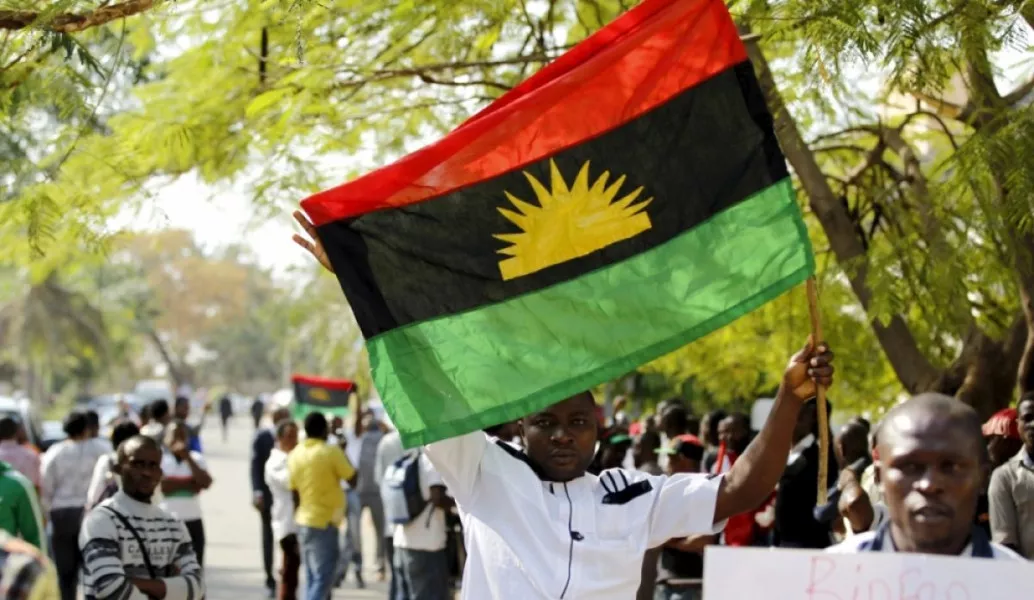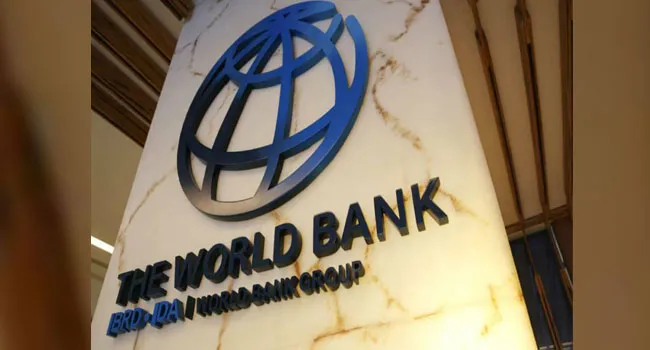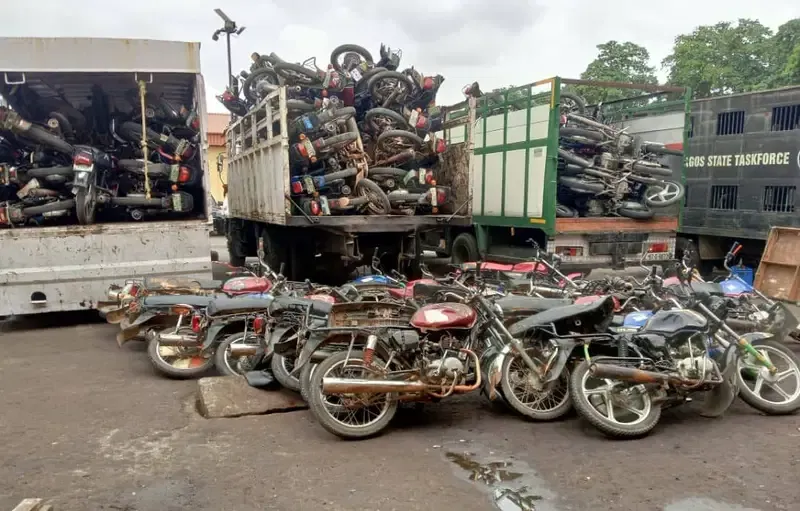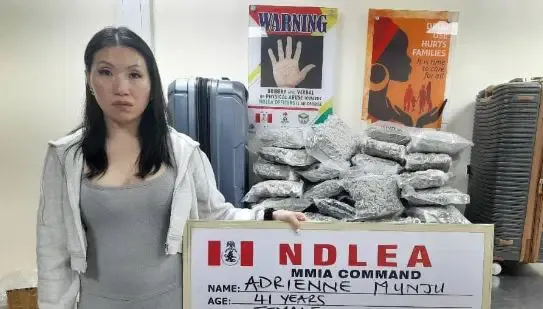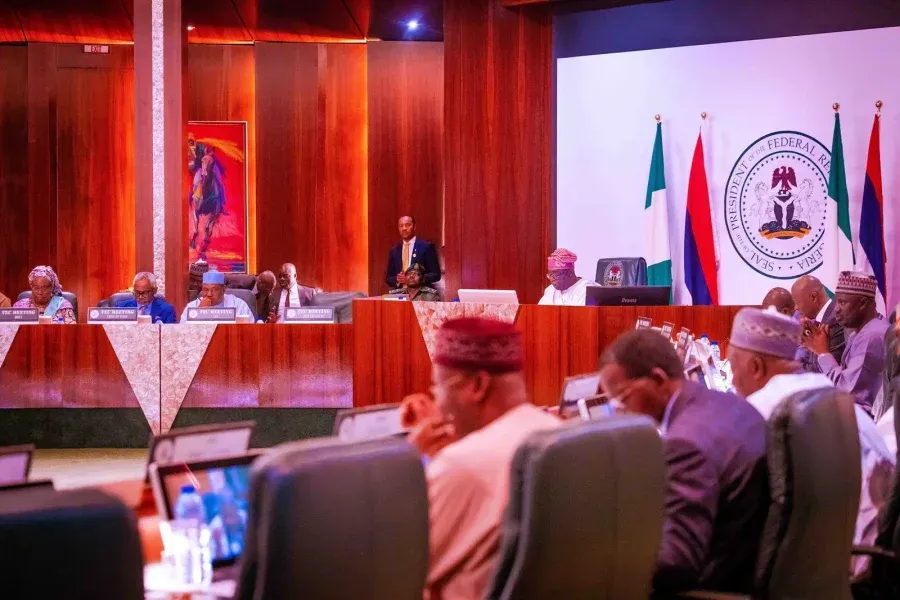The Indigenous People of Biafra (IPOB) has stirred controversy by banning protests against hunger in any South-East territory of Nigeria. In a press statement issued by its spokesman, Emma Powerful, the pro-Biafran group warned against organizing any demonstrations related to economic hardship, asserting that such actions would endanger the people of Biafra.
The statement emphasized that the current economic challenges in Nigeria should be the concern of all Nigerians and not solely those in the South-East region. IPOB, under the leadership of Mazi Nnamdi Kanu, underscored the historical injustices faced by Ndigbo and expressed a lack of interest in the affairs of Nigeria.
“We don’t want such profiling and targeting to repeat because Ndigbo participated in any Nigerian mass protest,” the statement read.
IPOB highlighted the precarious security situation in the South-East, citing state-sponsored insecurity, kidnappings, and killings as pressing issues requiring attention. The group adamantly stated that any attempt to organize protests for Nigeria’s hardship should be directed to Northern or Western Nigeria.
“Our region is battling the state-sponsored insecurity, kidnappings, and killings by the Federal Government’s agencies and agents, including terrorists,” the statement continued.
Furthermore, IPOB cautioned against using protests as a means to introduce instability into Biafraland, vowing to confront any such attempts with the full force of its security outfit, the Eastern Security Network (ESN).
The group urged Biafrans to report any individuals or groups planning to organize hunger protests in the region to IPOB’s intelligence unit. It warned that those found organizing such protests would face the consequences.
“The person will ‘smell pepper’,” the statement added, indicating the severity of the repercussions.
The announcement comes amidst growing discontent across Nigeria over the worsening food crisis and economic hardship. Recent protests in Ibadan, the Oyo State capital, saw youths expressing frustration over the escalating cost of living and the urgent need for government intervention to alleviate the food crisis.
Their chants of ‘Ebi n pa wa’ (we are hungry) echoed the sentiments of many grappling with the harsh realities of the current economic climate.
